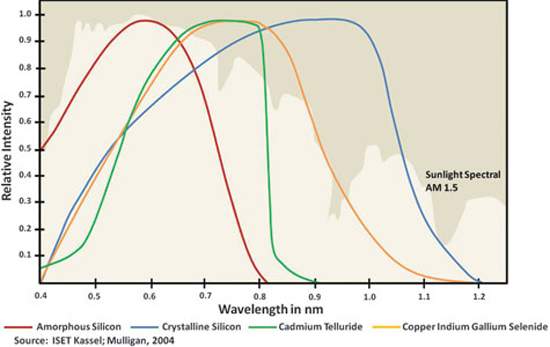|
Author
|
Topic: HELP WITH 35MM MAG FILM.
|
|
|
|
|
|
|
|
|
Pete Barth
Film Handler
Posts: 4
From: Hollywood, Ca,, USA
Registered: Feb 2014
|
 posted 02-10-2014 10:17 PM
posted 02-10-2014 10:17 PM




Hello Gordon and Mark,
Please bear with me as I am brand new to this forum and I am not aware of protocols.
I am aware of the Sondor cap. drive mags. I have drooled over them. They operate way quietly. And I can't afford one! And......... I do have the MaggotTechs.
I have used them for forty years at various film plants here in Hollywood and I know their foibles. Mine are BRAND NEW 18 year old units. They have about three hours use on them!
I have machined a spline shaft on the main drive, and slit the drive in half with the rear half fixed and the front half floating to accommodate shrunken film to ride the drive as it wants to.
I bought a precision lathe and have re-machined all rollers to only ride outside the sprockets everywhere. I also used to maintain telecines and learned how they ride the negative very well through their transports.
The stock I will get is both three stripe (3 track) and full coat. Nothing with picture on it.
So far I am using two PTR rollers (one on each side) to do a first clean. I don't like to wipe anything to avoid scratches. I have seen many editors use the black velvet double sided pads on pic and sound elements. I don't think that would help me.
I also use a single PTR roller on the oxide side of the film as it goes into the sprocket drive on the Maggie.
I am familiar with holding the film against the heads. With badly warped film I have found using a brand new Teccon head (less wrap) prevents head clogs.
Are there any liquid solutions on a rag, or sprays I should look at?
And there is the Media Pads and FilmGuard. I see FilmGuard as wax.
FUTURE:
In the future I will get very old optical negative and positive masters. I will have them run through a film cleaner at a telecine house before I transfer them.
I am designing a retrofit of an old RCA optical film recorder (1938) into a optical film reader with interchangeable B.A.C.P. RSTR-2000's for variable density and variable area pickup.
If that doesn't work I also have a Century sound head and that will surely work.
I will put a MagnaTech stepper motor with belt drive behind it. Loose belts will minimize cogging of the stepper motor.
Some of my work is transferring multiple reels of three track masters that come to me on 2 inch 24 track tape to ProTools at 96K. Delivery on BlueRay and hard drive.
Usually 7 reels on the first tape (21 tracks)
Some mono and stereo 1/4 inch music and dialog masters of very old titles.
I have had 7 1/2 ips Nagra master mono tapes that run 30% LOW in speed!
So far most to digital.
Future work will be 6 stripe mag to TWO copies of Dolby SR 6 stripe mag.
One copy for out here and the other to Iron Mountain Pennsylvania for archive.
I agree that digital archiving has future problems. I push for 35 mag SR six stripe.
But I do what I am asked to do. Otherwise I don't get the work.
Believe me, I have hit my share of hard drives with a small hammer to get them to spin up!
I always say "one kick is maintenance, Two kicks is abuse".
I still am a baby in the film cleaning arena.
Again, thank you for any help,
Pete Barth
| IP: Logged
|
|
|
|
|
|
Leo Enticknap
Film God

Posts: 7474
From: Loma Linda, CA
Registered: Jul 2000
|
 posted 02-11-2014 05:04 PM
posted 02-11-2014 05:04 PM





quote: Mark Gulbrandsen
And... is digital a good way to archive it? If it is important sound you have then digital is probably not the way to go since there is no sure way to archive anything digital for the long term yet.
True, but the volume of data involved with audio is small enough that continuous format migration, and/or "always on" (e.g. RAID or MAID) storage is more viable and less expensive than if we were talking about, say, 4K DPX.
If there is a vinegar smell in these fullcoat mag elements, this means that they are acetate, not polyester, and that acetic acid offgases could be compromising the binder layer and/or the oxide itself. My gut feeling would be dry media cleaning only, unless they are simply impossible to transfer otherwise, because of the risk that whatever cleaning and/or lubrication compound you use could react unhelpfully with either the gas or oxide being separated from the film base.
| IP: Logged
|
|
|
|
|
|
|
|
|
|
|
|
|
|
|
|

 Home
Home
 Products
Products
 Store
Store
 Forum
Forum
 Warehouse
Warehouse
 Contact Us
Contact Us




 Printer-friendly view of this topic
Printer-friendly view of this topic














